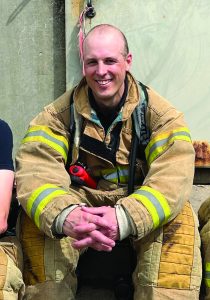The Minnesota Firefighter Initiative (MnFIRE) Board of Directors has named Rebecca Otto the new Executive Director of MnFIRE. With a breadth of experience in the public, private and non-profit sectors, Rebecca is well-positioned to help strengthen MnFIRE and further its mission supporting Minnesota’s 20,000 firefighters and their families.
Rebecca joined MnFIRE’s team in May 2024 as Director of Business Affairs, having previously served as Minnesota State Auditor from 2007 to 2019 where she led fiscal/legal compliance oversight of $50 billion in local government spending. More recently, Rebecca was Executive Director of the Ernest C. Oberholtzer Foundation, a conservation-minded nonprofit in Northern Minnesota. She also has experience as a state representative, teacher and small business owner.
“I’m honored and eager to build on MnFIRE’s past successes of providing Minnesota’s firefighters the tools and resources they need to prioritize and protect their health,” said Rebecca. “MnFIRE serves a critical role in the health and wellness of our fire service. Our hometown heroes need support and care so they can respond effectively when we need them most, and live healthy, productive lives.”
“We’re thrilled to have Rebecca take the helm,” said MnFIRE Board President George Esbensen. “Along with her unique and expansive resume, she has built countless statewide relationships that will help us increase our reach to continue to strengthen the Minnesota fire service.”
Rebecca takes over the role from Wayne Kewitsch, who retired in August 2024.



